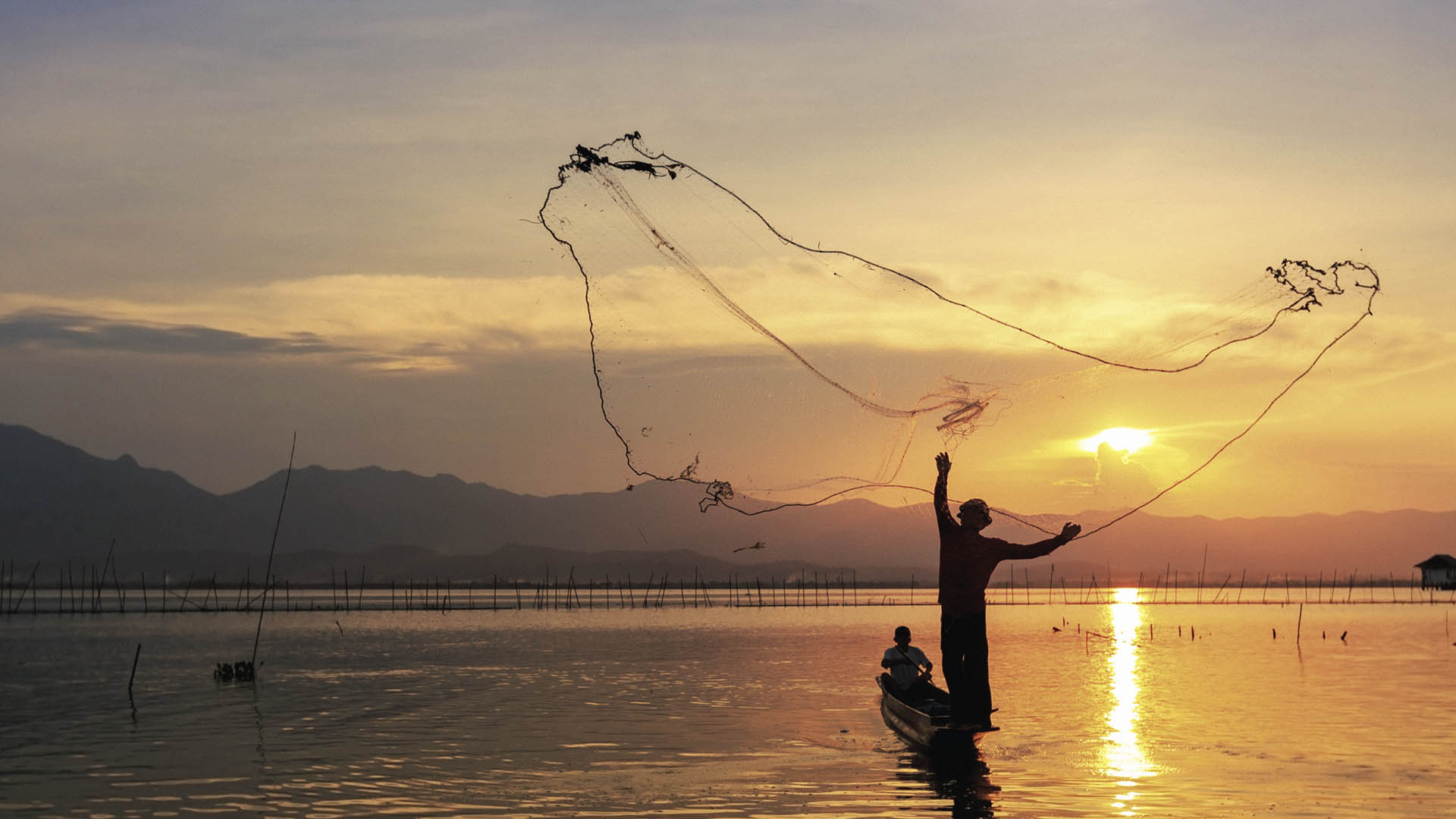Successful investing in Emerging Markets
View PDF
Key takeaways
- The investment potential of Emerging Markets (EM) is huge and exciting. The population is approximately 70% of the world’s population, about half of whom are under the age of 30.
- Several countries and companies are utilizing technological change and development to climb up the value chain.
- Investing in EM is not without risk, but overall, the asset class offers interesting opportunities for the long-term investor.
In the past, EM were to some extent considered a homogeneous group of countries. From our perspective, however, the only common feature is their potential – whether big or small – to develop into a developed market. EM countries are not all alike, and they have widely different abilities and capabilities to realize their potential. It is important to focus on countries with a strong political leadership with structural growth reforms on the agenda, including amongst others, investment in education, infrastructure development and financial inclusion. Moreover, a country’s prospects depends on its long-term ability to develop the economy from being based on the primary sector (agriculture and commodities) to the secondary sector (manufacturing) and finally to developing an active tertiary sector (services and technological innovation). In other words, it is essential to shift the focus from commodities which are inherently more cyclically to services and technological innovation which are more stable and often more lucrative. We call the countries which are capable of making this transformation “Emerging Reformers” (please see the fact box below), and these are the economies we prefer to focus on. These countries create a favourable investment environment, while the likelihood of its leaders and politicians making irrational financial decisions with adverse consequences is therefore lower.
We are particularly excited about India and China, but there are also other countries that have shown positive trends on the political front, such as Indonesia and Brazil. In Indonesia, reform-focused Joko Widodo (popularly called Jokowi) was re-elected president, which will likely ensure political stability and a favourable investment environment for the next five years. In Brazil, with powerful economy minister Paulo Guedes as the whip, Brazilian politicians are now implementing reforms. A pension reform, for instance, has just been adopted, which should slow down the alarming development of public debt. It is expected that the adoption of this reform will pave the way for other reforms, such as tax reforms and labour market reforms, as well as the privatization of a number of state-owned enterprises. These elements will create a positive investment climate in the years to come.
Opportunities despite risks
Investing in EM is often accompanied by domestic political and geopolitical uncertainty, including the current trade war, while the strong US dollar, rising US interest rates and weak global economic growth may also adversely affect EM performance. These risk factors can be off-putting, but it may be argued that the uncertainty presented by these factors are already discounted in the market, as can be seen in the graph (please see PDF).
Handpicked stocks within growth themes is key
Across the EM investment universe there are a number of growth themes as well as innovative companies that play into these themes. In our view, the major political and technological struggle between the US and China simply accelerates the technological development in China and other parts of Asia, with the result that the innovative companies in Asia move even faster up the value chain, becoming more self-sufficient and thus less dependent on US technology. Another example is the rising and increasingly affluent populations across a number of EM countries which means that consumers aspire to new and better places to live. This creates positive tailwinds for the major real estate companies in China and for the mortgage companies in Indonesia and India. As wealth and consumption increases, these countries are also rapidly adopting new technologies, such as e-commerce. Similarly, there are significant opportunities to be found as financial services develop, thereby providing additional loan growth as those formerly outside the official banking sector become eligible for loans. These are just a few examples of the exciting structural growth opportunities that can be found in EM.
The key is to find companies which are exposed to these growth themes, located primarily in the Emerging Reformers countries, with a strong and solid management. A management that also acts to protect minority shareholders with a clear focus on profitability, return on invested capital and the stewardship of capital. Furthermore, we believe it is increasingly important that management adopts a responsible approach to controlling environmental and/or social risks. In essence, we look for companies with strong managements who will be able to overcome the challenges that inevitably arise when investing in EM.
Facts
In our view, the countries that 1) have the ability to generate economic growth by focusing on more value-creating areas and 2) have strong political and economic institutions that ensure the adoption and implementation of reforms will be the ones to avoid being stuck in the middle-income trap, and to actually evolve and create a richer society. We call these countries the ‘Emerging Reformers’ which, in our opinion, is a more appropriate term for countries we consider the most likely to develop and create value over the long term. The most successful Emerging Reformers is in our view China, India, Indonesia and Brazil.
As an investor, you can choose to view EM as a higher risk area and therefore decide to keep away. Or, you can choose to participate in the rapid development that many countries and companies are experiencing. EM are a diversified group of countries each with their own particularities, so careful stock-picking is key. We believe that with a selective approach – namely focusing on the pockets of growth and investing in strong companies operating in the right political and economic environments – it is possible to create good long-term investment performance.

